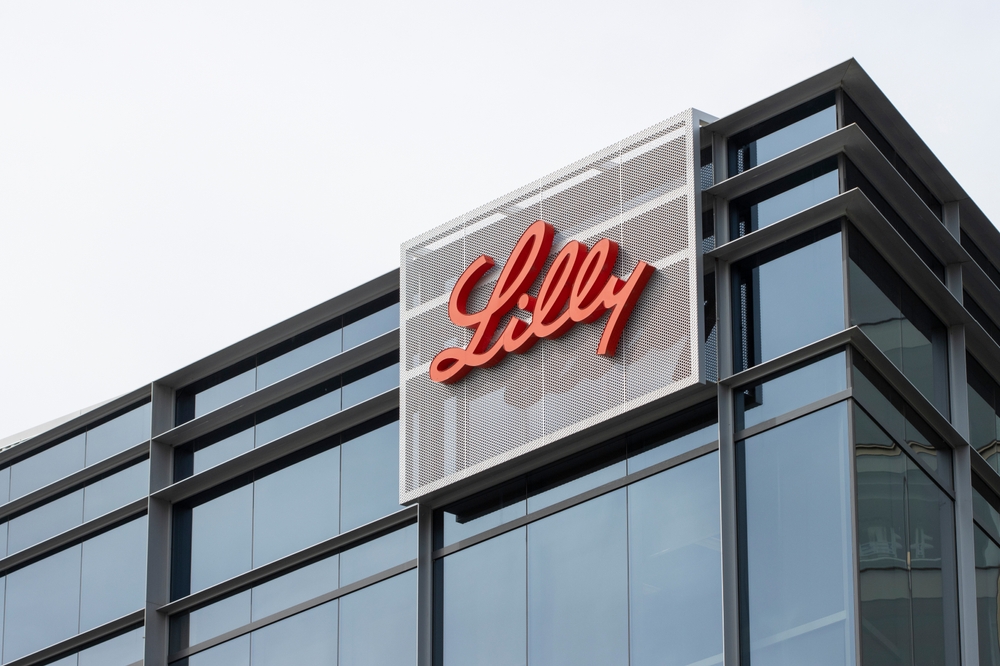Eli Lilly Awaits U.S. Government Decision on Tariffs
Eli Lilly (LLY) is among the large-cap pharmaceutical companies closely watching the Trump administration’s stance on tariffs in the industry. The U.S. Department of Commerce is investigating potential national security threats posed by overseas drug manufacturing, and Eli Lilly CEO David Ricks has recently met with President Trump to discuss the matter. The company is actively planning for potential tariffs and how they could affect their operations in 2025.
Limited Immediate Impact from Tariffs, Says CFO
During a conversation with Yahoo Finance, Eli Lilly’s CFO, Lucas Montarce, explained that while the situation remains dynamic, the company anticipates only limited impacts from potential tariffs at this time. He mentioned that the company’s 2025 guidance already accounts for the possible effects, and Eli Lilly plans to monitor the situation closely while exploring ways to mitigate any negative impact. Montarce emphasized the importance of preparing for various scenarios as the situation evolves.
National Security Concerns and the Need for Domestic Production
CEO David Ricks highlighted that the investigation into overseas manufacturing is driven by national security concerns rather than issues with the broader global drug manufacturing network. He pointed out that many essential medicines, particularly generics like antibiotics, are produced overseas in countries such as India and China. Ricks emphasized that while generics are not profitable for companies like Eli Lilly, there might be an opportunity to negotiate for more domestic production, which could help address national security concerns without imposing tariffs on these medicines.
Impact of Tariffs on Repatriating Drug Manufacturing
Ricks also noted that the mere threat of tariffs has already led to significant manufacturing decisions in the U.S., with nearly $200 billion in capital expenditure commitments from the industry. Eli Lilly alone announced $27 billion in new factory investments this year, bringing its total investment in U.S. manufacturing to $50 billion since 2020. Other pharmaceutical giants, like Johnson & Johnson and Roche, have made similar announcements, signaling a clear trend toward repatriating production to the U.S. However, these efforts will take time, as new factories are still in the planning and construction stages.
Concerns Over Impact on European Pharma R&D
While the repatriation of manufacturing to the U.S. is seen as a positive outcome for the industry, there are concerns about the effect on pharmaceutical research and development (R&D) and manufacturing in Europe. Executives from companies like AstraZeneca have called on the European Union to introduce counter-incentives to retain companies in the region, as the shift of manufacturing to the U.S. could weaken Europe’s pharmaceutical strength.
Pharma Leaders Urge the U.S. Government to Avoid Tariffs
Many pharma leaders, including Pfizer CEO Albert Bourla, have voiced their opposition to applying tariffs to the industry. They argue that the industry has already made substantial investments in the U.S., making further tariffs unnecessary. Ricks suggested that the commitments from large-cap pharma companies to expand U.S. manufacturing should be enough to ease the threat of additional tariffs. “Declare victory and move on,” he advised, suggesting that the sector’s progress in repatriating manufacturing should be seen as a win in itself.


